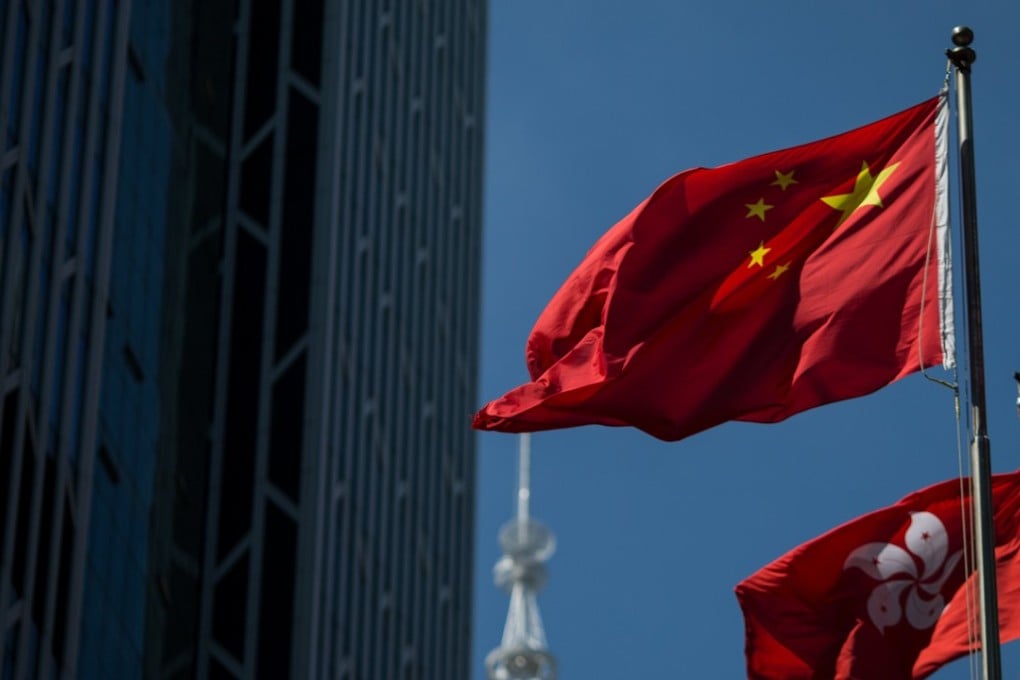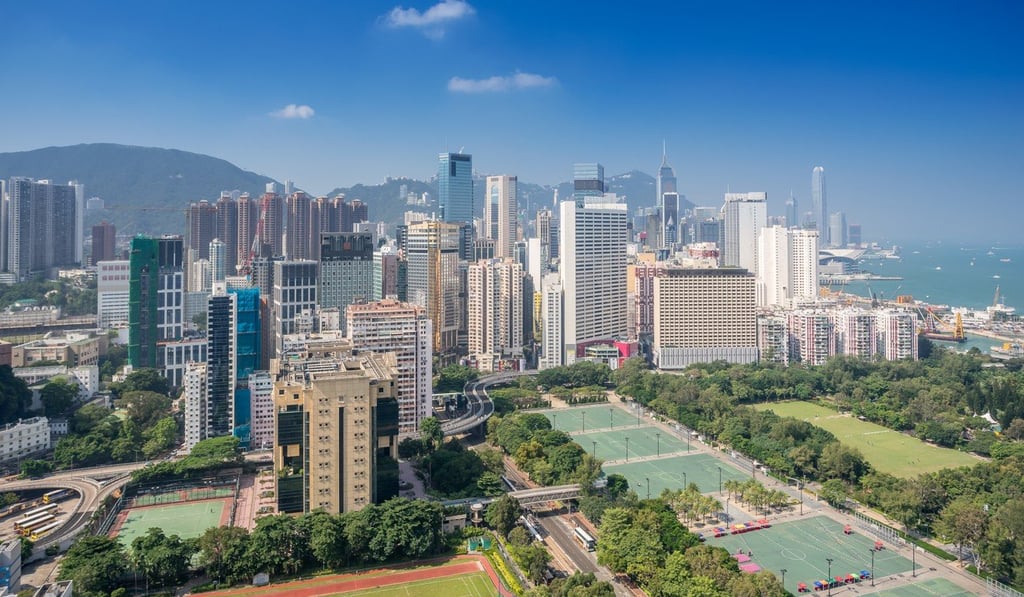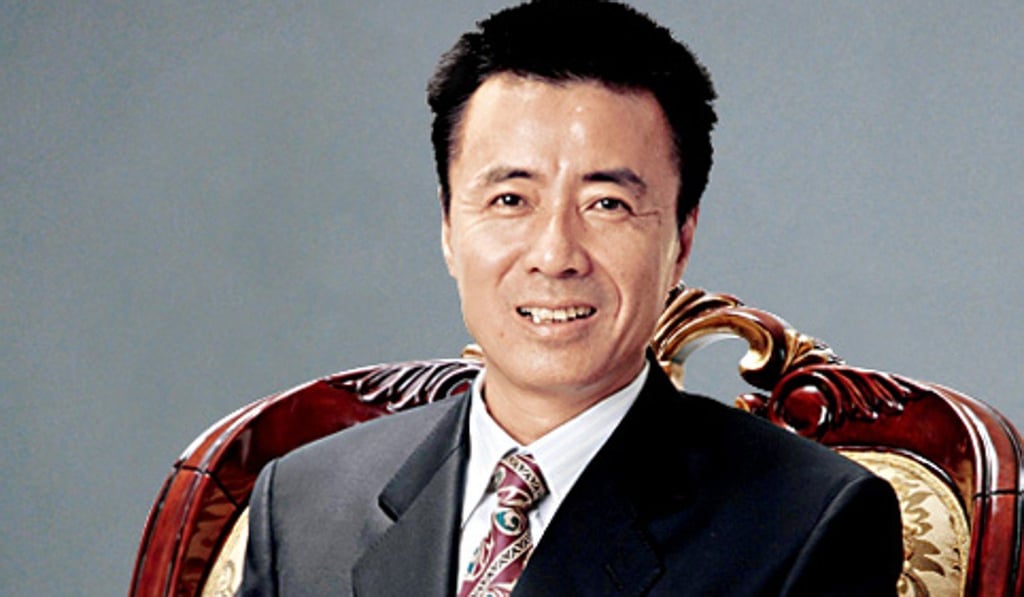Can Beijing achieve its next big goal for Hong Kong – making people feel more Chinese?
State leaders have echoed President Xi Jinping’s call for a stronger national identity among Hongkongers at the ongoing parliamentary session, but Beijing’s ‘hardline’ approach to the city isn’t helping, observers say

If political adviser Shie Tak-chung had his way, the city’s Victoria Park, Queen Victoria Street, and even Victoria Harbour would be renamed.
Shie, one of about 200 Hong Kong delegates to the Chinese People’s Political Consultative Conference (CPPCC), China’s top political advisory body, said this week that Hongkongers’ love for their motherland should be “nurtured” and “inspired” from young.

Thus, Beijing should tell the Hong Kong government to get rid of British colonial “symbols” such as names of streets and places at an appropriate time, the businessman proffered.
“After the handover, Hongkongers are Chinese citizens,” he said.
“Under the ‘one country, two systems’ principle’ or even if it was ‘one country, one system’, Hong Kong people are Chinese citizens and should love the country.”
